Are you curious about ancient civilizations and archaeological finds? Here are the archaeology museums you must see in Saxony:
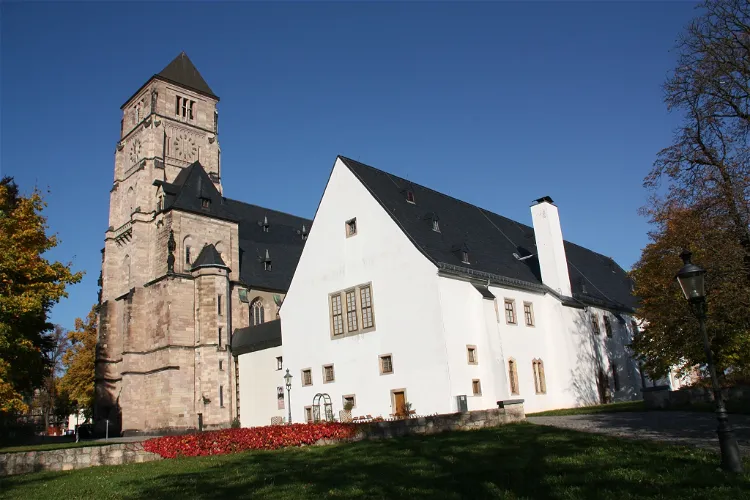
Schloßbergmuseum Chemnitz
ChemnitzThe Schloßbergmuseum is the city history museum of Chemnitz. It is situated in the Schloßchemnitz district on the grounds of an old Benedictine monastery. This location adds a historical charm to the museum, making it a unique place to learn about the city's history.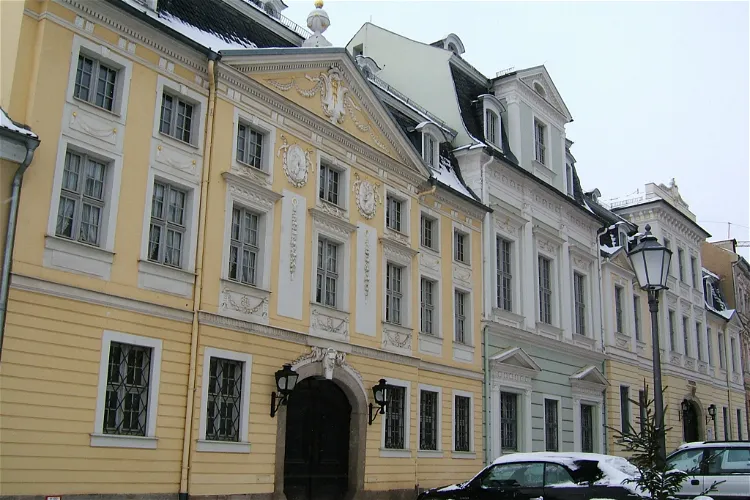
Vogtlandmuseum
PlauenThe Vogtlandmuseum Plauen is a cultural-historical museum that provides a deep dive into the history and culture of the Saxony Vogtland region. The museum is housed in three protected former residential and commercial buildings located in Nobelstraße, Plauen. These buildings themselves are a part of the region's history, adding an extra layer of authenticity to your visit.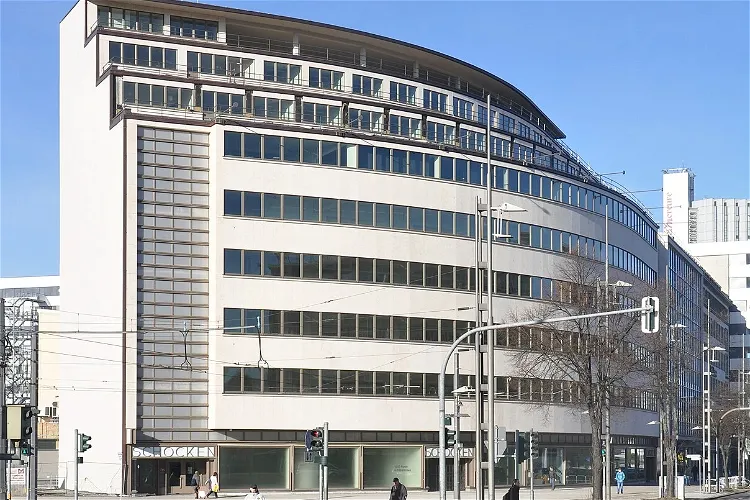
State Museum of Archaeology Chemnitz
ChemnitzThe State Museum of Archaeology Chemnitz, abbreviated as smac, is the archaeological-cultural state museum of the Free State of Saxony. It was inaugurated on May 15, 2014, and is housed in the former Schocken department store. This museum is a successor institution to the State Museum of Prehistory Dresden and is part of the State Office for Archaeology Saxony.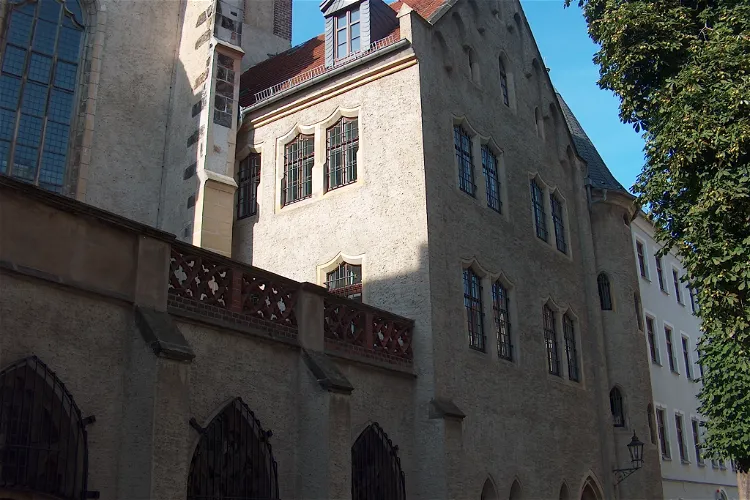
city museum meissen
MeissenThe City Museum Meissen is housed in the Neo-Gothic House, the cloister, and the former Church of St. Peter and Paul of the Franciscan Monastery at Heinrichsplatz in the old town of Meissen. These historic buildings not only provide a unique setting for the museum but also add to the overall experience of exploring the rich history and culture of Meissen.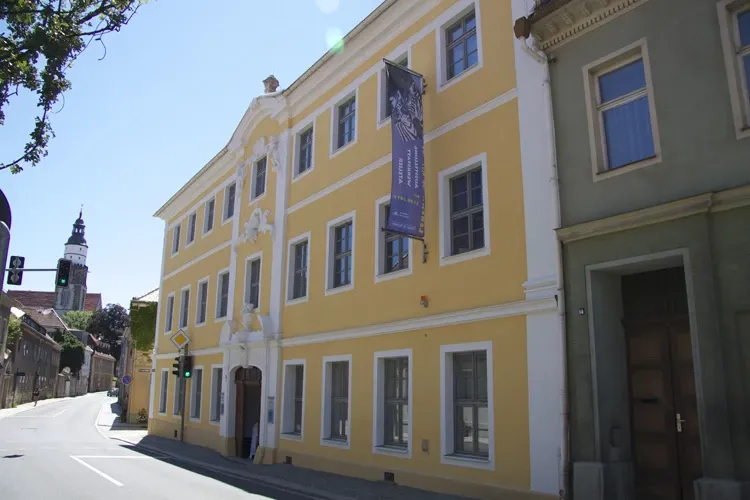
Elementarium
KamenzThe Museum der Westlausitz Kamenz is a regional landscape museum located in Kamenz. It offers a comprehensive exploration of the landscape, nature, history, and culture of the western Oberlausitz (Westlausitz). The museum's collections cover cultural history, archaeology, geology, zoology, and botany of the region, providing a rich and diverse experience for visitors.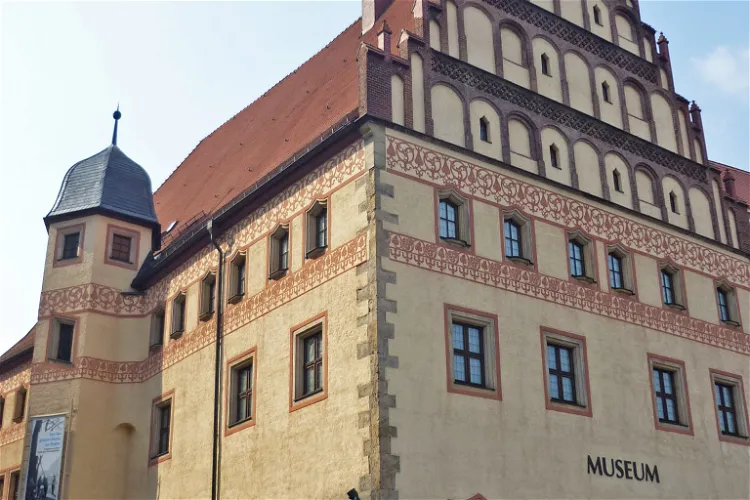
Stadt- und Bergbaumuseum Freiberg
FreibergThe Stadt- und Bergbaumuseum Freiberg, established in 1861 by the Freiberg Antiquity Association, is one of the oldest civic museums in Saxony. It is located in the former Domherrenhof, a late Gothic secular building. This museum is a testament to the rich history and culture of the region, offering visitors a unique insight into the past.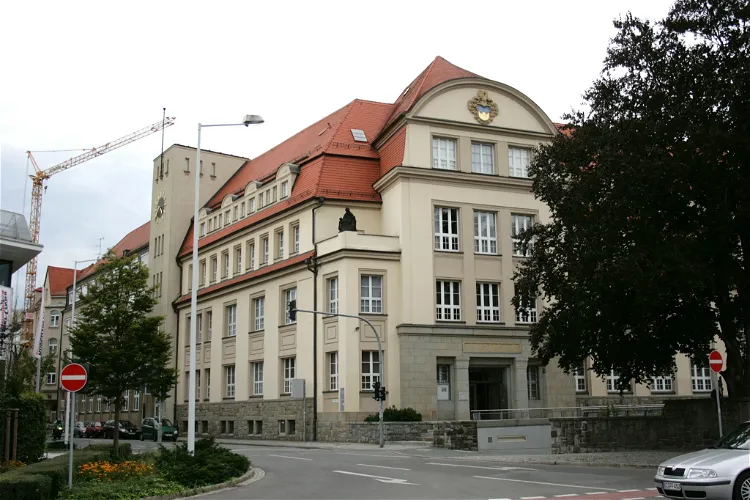
Museum Bautzen
BautzenMuseum Bautzen, also known as Muzej Budyšin, is a significant cultural institution in the region of Saxon Upper Lusatia. It is conveniently located at Kornmarkt, making it easily accessible for tourists visiting the area. The museum is known for its extensive collections, which are among the largest and most important in the region.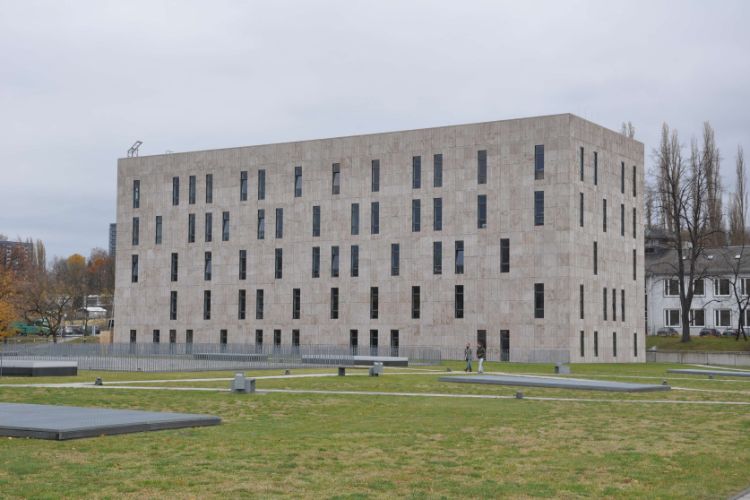
Book Museum - SLUB
DresdenThe Book Museum (Buchmuseum) of the Saxon State Library is a traditional literature museum in Dresden. The museum emerged from the Zimelienzimmer of the Royal Saxon Library. The exhibition of the Book Museum is located in the SLUB building and is divided into a permanent exhibition in the so-called
Barockhaus
GörlitzThe Barockhaus Neißstraße 30 in Görlitz is a significant structure from the Baroque period that has been part of the city's Cultural History Museum since 1951. This commercial and residential building is located in the heart of the old town, offering visitors a glimpse into the architectural and cultural history of the period.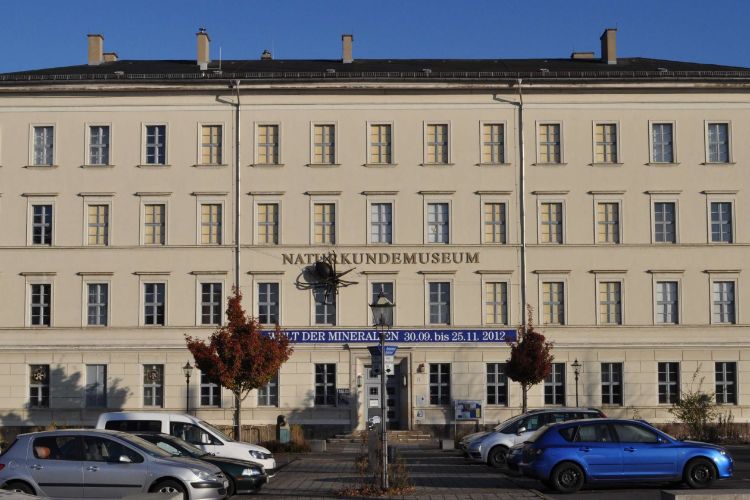
Naturkundemuseum
LeipzigThe Naturkundemuseum is a natural history museum in Leipzig with geological-paleontological, botanical, zoological and archaeological collections. The museum includes the insect collection of Alexander Julius Reichert. The collections contain a large number of scientifically valuable exhibits. Among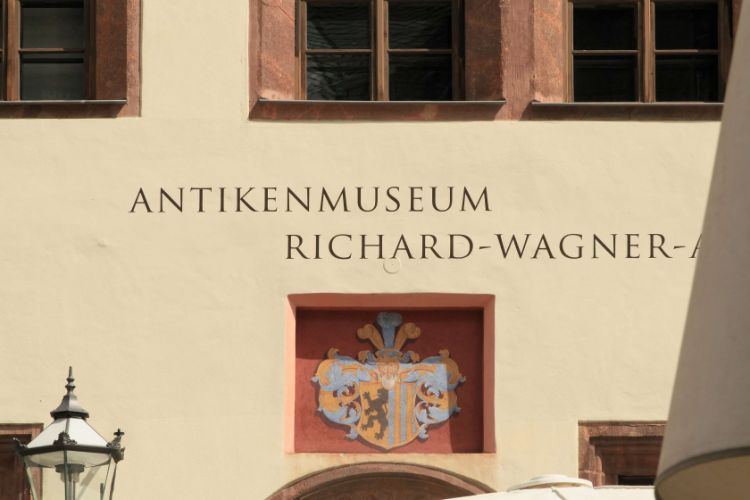
Museum of Antiquities of Leipzig University
LeipzigThe Museum of Antiquities of the University of Leipzig (Antikenmuseum der Universität Leipzig) is a museum in Leipzig that holds a collection of antiques. The museum displays its collection in the Alte Nikolaischule. The collection of the museum contains 10,000objects, including black- and red-figur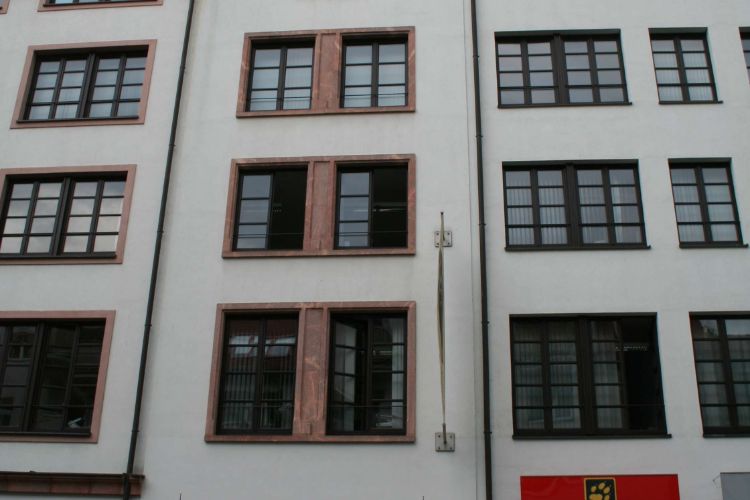
Egyptian Museum of the University of Leipzig
LeipzigThe Egyptian Museum of the University of Leipzig (Ägyptisches Museum der Universität Leipzig) is a museum in Leipzig that holds a collection of approximately 7,000 finds from several millennia, from the Paleolithic and pre-dynastic cultures of Egypt throughout all periods of Pharaonic Egypt (early E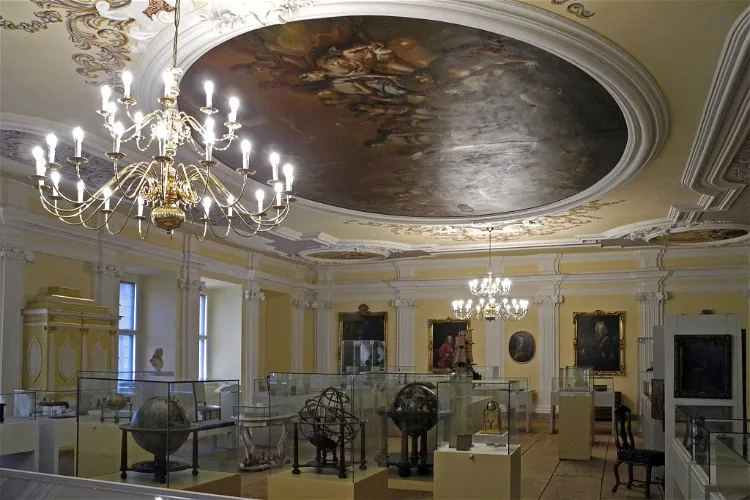
Kulturhistorisches Museum Franziskanerkloster
ZittauThe Kulturhistorisches Museum was founded in 1854, making it the oldest city museum in Saxony. This long history is reflected in the museum's extensive collection, which includes a wide range of historical artifacts and works of art. The museum's history can be traced back to 1709 when the Zittau City Library was expanded with a new, publicly accessible reading room, the so-called Baroque Hall, which is still used for museum purposes today.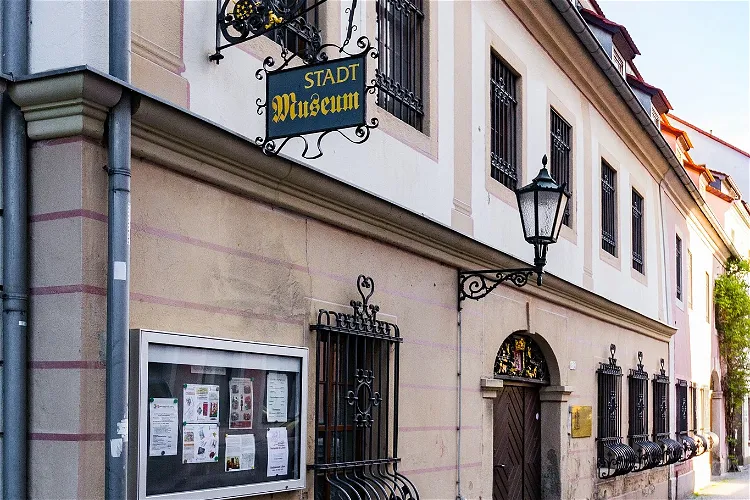
Stadtmuseum Löbau
LöbauThe Stadtmuseum Löbau, established in 1894, is a repository of cultural-historical and natural history objects. The collection spans a wide range of fields, including prehistory around the Löbauer Berg, sacred art, city history, history of the Six Cities League, folklore, crafts, trade and industry, (Upper Lusatian) furniture, and works of fine art. This diverse collection provides a comprehensive insight into the rich history and culture of the region.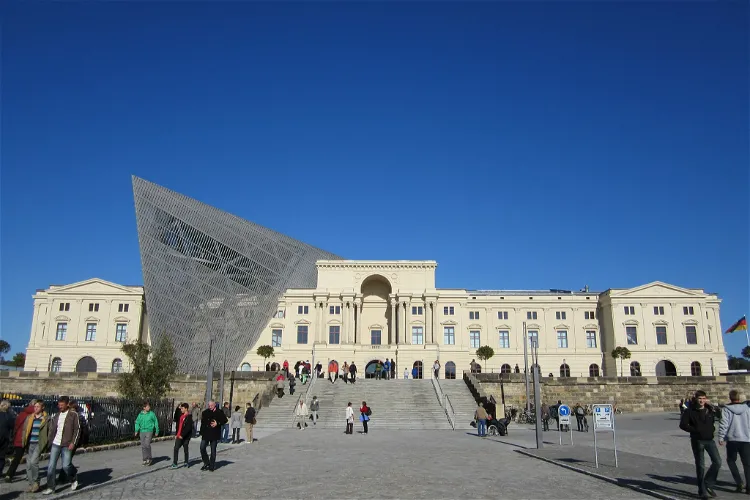
Bundeswehr Military History Museum
KönigsteinThe Bundeswehr Military History Museum in Dresden is one of the most significant museums of the German military forces. It shares this distinction with the Luftwaffenmuseum der Bundeswehr in Berlin-Gatow. The museum offers a comprehensive insight into the history and evolution of the German military forces, making it a valuable destination for those interested in military history.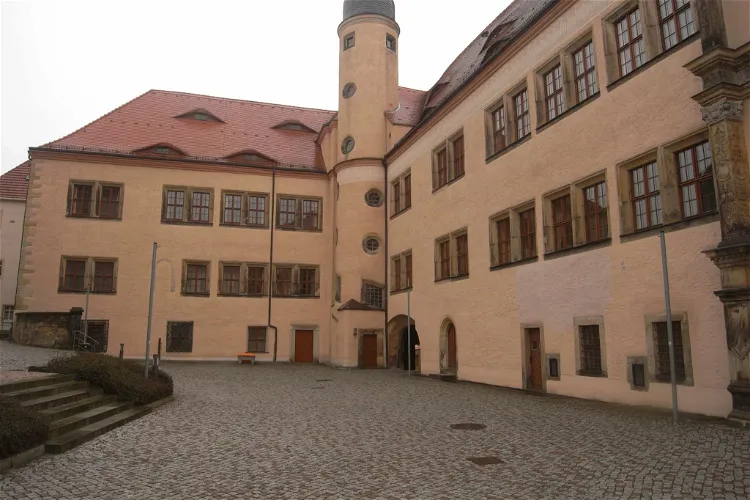
MiBERZ – Museum für mittelalterlichen Bergbau im Erzgebirge
DippoldiswaldeThe Museum für mittelalterlichen Bergbau im Erzgebirge, situated in Dippoldiswalde, is a unique destination that offers a glimpse into the ancient mining history of the region. The museum, which opened its doors on August 24, 2018, houses a collection of archaeological findings that were discovered beneath the city. These artifacts provide valuable insights into the mining practices and techniques used during the Middle Ages.- 17
Museum für Ur- und Frühgeschichte Frauwalde
LossatalThe museum's collection spans several historical periods, including the Neolithic, Bronze Age, Iron Age, Sorbian settlement period, and the German resettlement period. These artifacts, which were found by chance by local farmers in the second half of the 18th century, provide a glimpse into the region's oldest settlement history.